Description
Mention “ethnic cleansing” and most Americans are likely to think of “sectarian” or “tribal” conflict in some far-off locale plagued by unstable or corrupt government.
According to historian Gary Clayton Anderson| however| the United States has its own legacy of ethnic cleansing| and it involves American Indians.
In “Ethnic Cleansing and the Indian| “Anderson uses ethnic cleansing as an analytical tool to challenge the alluring idea that Anglo-American colonialism in the New World constituted genocide.
Beginning with the era of European conquest| Anderson employs definitions of ethnic cleansing developed by the United Nations and the International Criminal Court to reassess key moments in the Anglo-American dispossession of American Indians.
Euro-Americans’ extensive use of violence against Native peoples is well documented.
Yet Anderson argues that the inevitable goal of colonialism and U.S.
Indian policy was not to exterminate a population| but to obtain land and resources from the Native peoples recognized as having legitimate possession.
The clashes between Indians| settlers| and colonial and U.S.
governments| and subsequent dispossession and forcible migration of Natives| fit the modern definition of ethnic cleansing.
To support the case for ethnic cleansing over genocide| Anderson begins with English conquerors’ desire to push Native peoples to the margin of settlement| a violent project restrained by the Enlightenment belief that all humans possess a “natural right” to life.
Ethnic cleansing comes into greater analytical focus as Anderson engages every major period of British and U.S.
Indian policy| especially armed conflict on the American frontier where government soldiers and citizen militias alike committed acts that would be considered war crimes today.
Drawing on a lifetime of research and thought about U.S.-Indian relations| Anderson analyzes the Jacksonian “Removal” policy| the gold rush in California| the dispossession of Oregon Natives| boarding schools and other “benevolent” forms of ethnic cleansing| and land allotment.
Although not amounting to genocide| ethnic cleansing nevertheless encompassed a host of actions that would be deemed criminal today| all of which had long-lasting consequences for Native peoples.

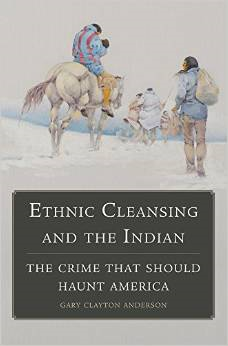
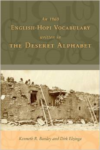
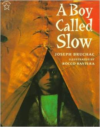
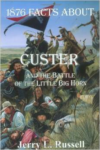
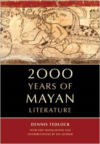
Reviews
There are no reviews yet.